Early readers can practice sorting and decoding with this category sorting board activity for 1 to 4 players.
For kids, play is essential to learning.
That’s why we’ve created this game to help your students explore vocabulary without even knowing they are learning!
In this kindergarten–1st-grade sorting activity, students will organize vocabulary words into 4 different categories:
- food
- animal
- clothes
- shapes.
Individually or as teams, players will identify each of the words on the cards by the image, and then place the card on the board it belongs to. Your students should also start to become familiar with the spelling of the words as they begin to build image-to-word associations with the text at the top of the card.
How to Use This Resource with Your Students
This game works best as a reading center activity for independent play, or as a game for up to 4 players.
Students will look at both the images and words to practice their reading, and learn to associate common images with their corresponding written word.
To make this a single-player activity, students will place all 4 boards in front of them. Then, they’ll mix the cards up and sort them into the categories they belong in.
To make this a 2-player game, shuffle the cards and split the deck equally between the players. Each player then takes turns placing a card onto the category board where it belongs.
As a competitive game, groups can play in teams of 2 or up to 4 single players. If playing in teams of 2, each pair gets 2 cards. If playing with 4 single players, each player gets their own board. Shuffle cards and place them in the center. Students will then take turns picking a card from the top of the deck. If they have the board that corresponds with the card they’ve pulled, they put the card on their board. If not, the card goes at the bottom of the deck for the next player’s turn. The team who completes their boards first wins.
Additional Sorting Activities to Expand Your Students’ Minds
This resource is way more than a sorting activity! Check out these ideas for how to turn this fun sorting exercise into extra learning opportunities:
Same But Different
Challenge students to access their critical thinking skills. As a whole class or in small groups, look at one completed board at a time and ask students to compare the cards to each other, listing out specific differences and similarities. For example:
- Which cards start with the letter C? F? S?
- How is an elephant different from a dog?
- How many sides does a triangle have? A square? A circle?
- How is a rectangle different from a square?
- Where does each of the animals live? What do they eat?
- Which clothing item do you wear in the summer? Winter? Anytime?
How Big Am I?
Tap into your students’ spatial awareness skills by getting them to think about the images on the cards in real life. Pull out the fish, cow, octopus, bird, fish, monkey, cat, and elephant cards. Then shuffle them up and ask the students to help you sort the animals by size. Pull out the first card and ask the students what it is and whether it’s a small, medium, or large animal. Then pull the next card and compare it to the one before. Is it bigger, smaller, or the same size? Tape the cards to the whiteboard and move them around until you have a sequence of animals from smallest to largest.
How to Extend This Activity or Bring Others Up to Speed
Take this activity further by asking the student to pull the cards off the boards and sort the words that start with the same letter of the alphabet, and then put the card piles in alphabetical order. Or sort as many as they can by color.
For students who need more coaching associating pictures with words, use this activity in a guided small group setting. Encourage students to take turns identifying the image on the card and help them sound out the word together as a group. Students will learn to decode words using the images on the card as clues.
Preparing This Resource for Your Students
Print the task cards on cardstock for added durability and longevity.
- Place 10 sheets of cardstock in your printer paper tray
- Select “File” from the navigation bar, and click “Print” from the drop-down menu
- From the dialog box that pops up, click on “More settings”
- Pages per sheet should be set to “1”
- Leave the box empty next to “Print on both sides”
- Click “Print”
Cut out the cards and place them with the boards in a folder or envelope for your reading or games center.
Before You Download
Use the drop-down menu to choose between the PDF or Google Slides version.
This resource was created by Kelli Goffredi, a teacher in Texas and a Teach Starter Collaborator.
Looking for additional language arts activities to get your learners excited about reading? Check out a few of our favorite resources below!
[resource:1641622] [resource:4523318] [resource:156441]
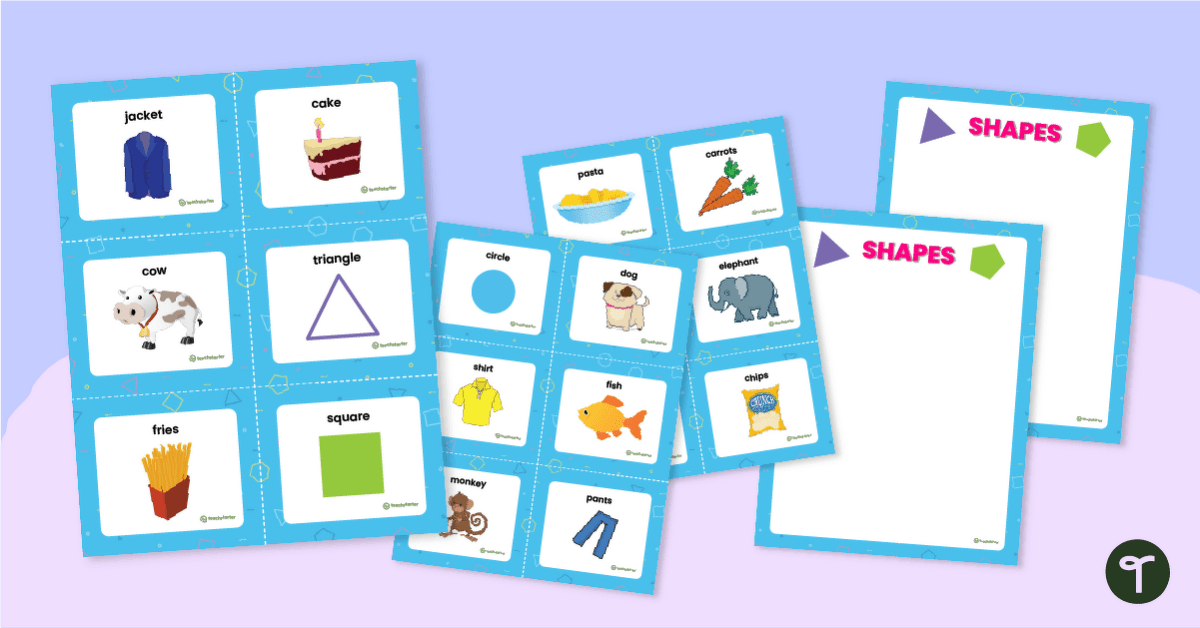

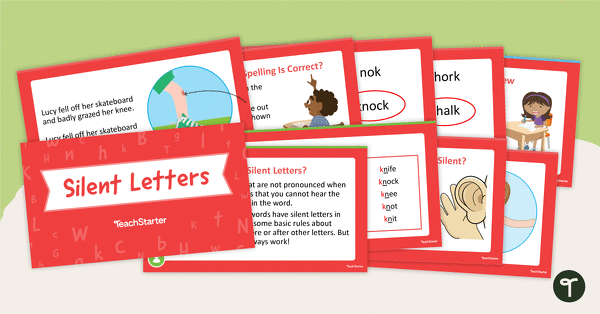
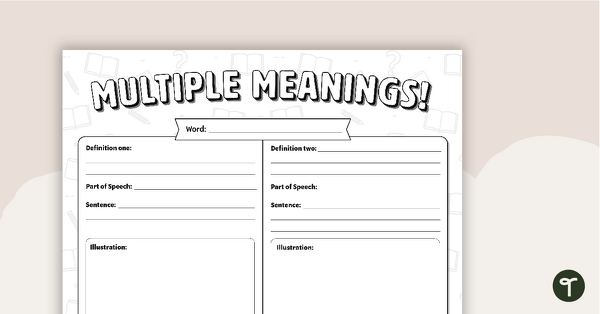
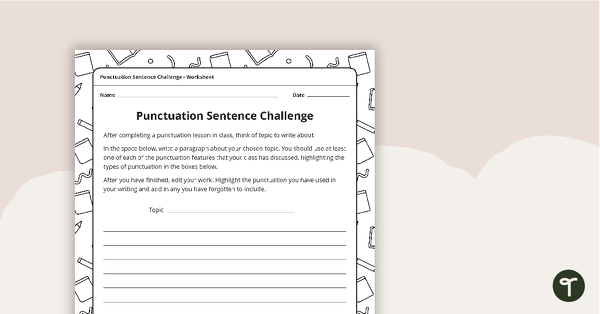
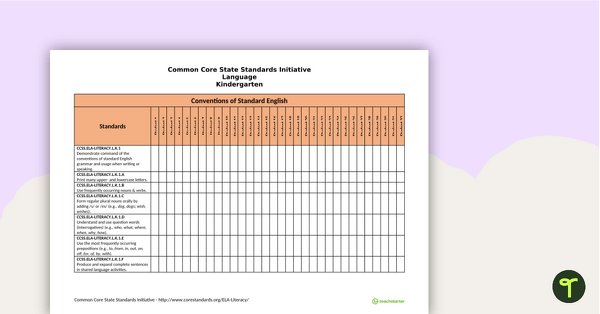
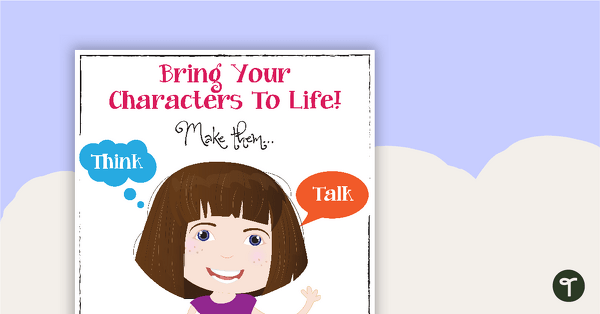
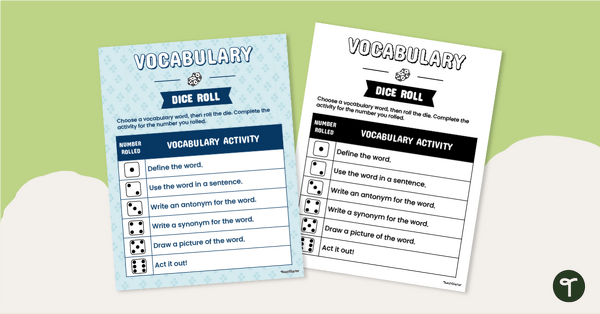
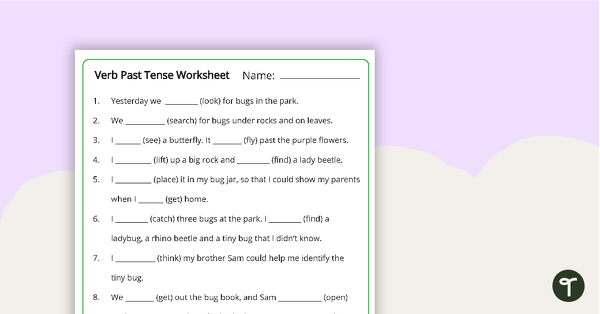
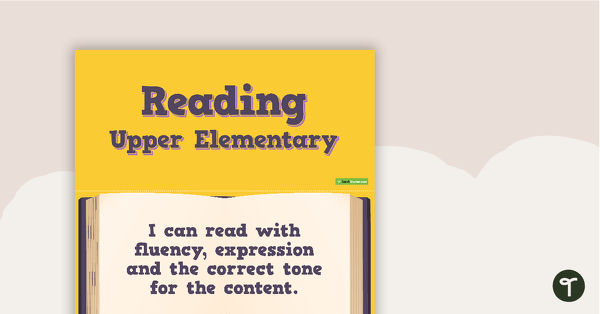
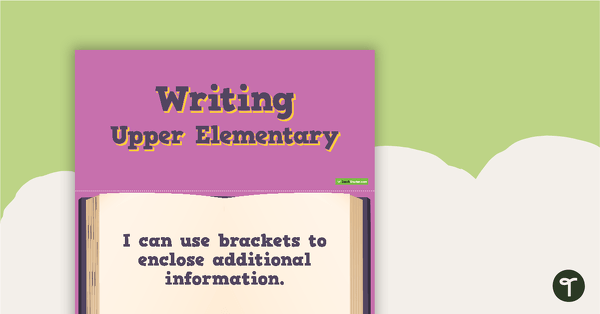
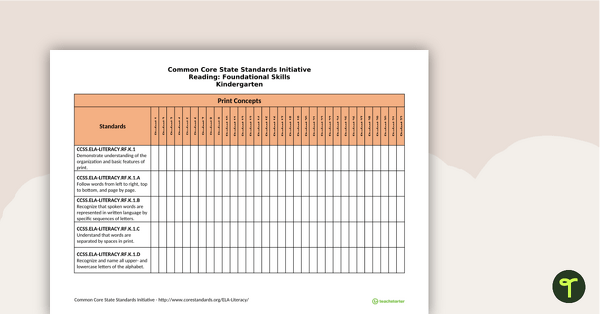
0 Comments
Write a review to help other teachers and parents like yourself. If you'd like to request a change to this resource, or report an error, select the corresponding tab above.